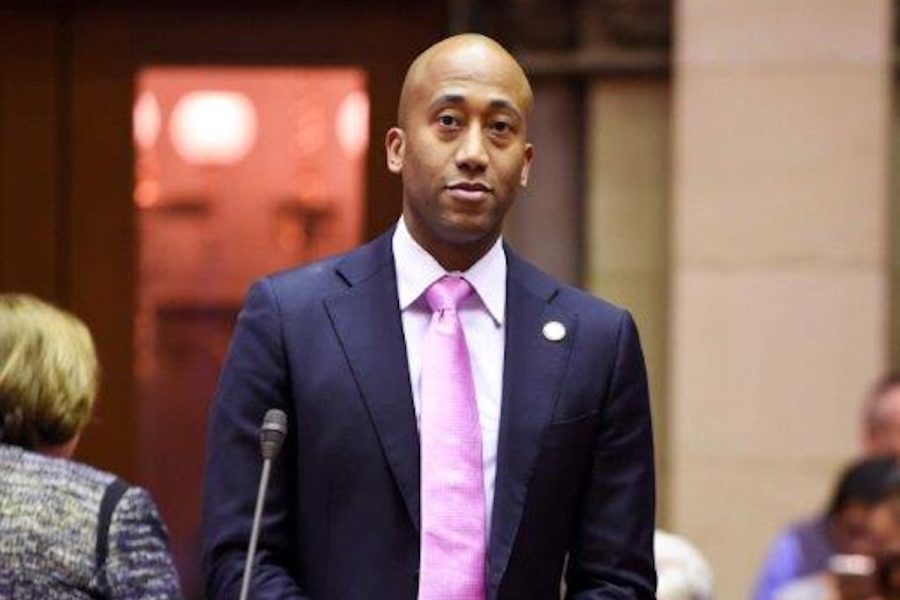A shadow looms over the UK’s betting industry, a potential economic disruption triggered by proposed tax hikes. The Betting and Gaming Council (BGC) warns that a dramatic shift in taxation could drive billions of pounds into the dangerous, unregulated black market.
Grainne Hurst, CEO of the BGC, has directly cautioned the Chancellor and the government, outlining the severe consequences of increasing taxes on sports betting and online slots. The proposed changes could see rates jump from 15% to 30% for most bets, and a staggering climb from 20% to 50% for online slot games – excluding horse racing.
The industry is bracing for impact. One major bookmaker, Betfred, has already warned that these increases could force the closure of all its high-street betting shops. Hurst echoes this concern, emphasizing the risk to both businesses and, crucially, the consumers they aim to protect.

Independent analysis paints a stark picture: over 40,000 jobs could be lost, a massive £8.4 billion in bets diverted to the black market, and £3.1 billion wiped from the UK economy. This isn’t simply about corporate profits; it’s about a potential economic shockwave.
Hurst stresses that BGC members already invest heavily in measures to prevent gambling-related harm. They contribute significantly to the UK economy, providing hundreds of thousands of jobs and already paying substantial taxes.
The current system taxes all online betting and gaming at the ‘point of consumption,’ meaning any bet placed by a UK customer is taxed regardless of the operator’s location. This ensures a consistent revenue stream, but the proposed changes threaten to dismantle that foundation.
Currently, BGC members contribute £6.8 billion to the economy, generate £4 billion in tax revenue, and support 109,000 jobs. These figures underscore the industry’s existing commitment to the UK’s financial health.
Hurst’s message is clear: a misstep in the upcoming Budget could have far-reaching consequences. Protecting consumers and fostering a responsible gambling environment depends on maintaining a robust, regulated market – one that these proposed tax hikes could irrevocably damage.
The stakes are incredibly high, and the future of the UK’s betting industry hangs in the balance. The Chancellor’s decision will determine whether the sector continues to thrive as a regulated contributor to the economy, or spirals towards the dangers of the unregulated black market.






